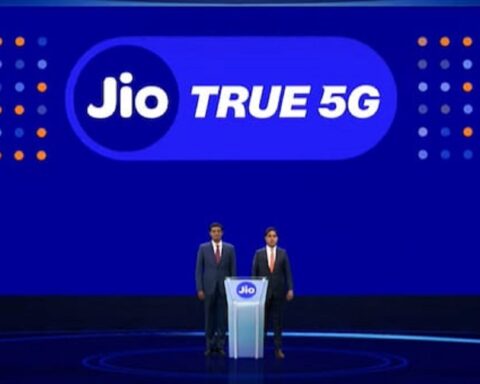 With the year-on-year doubling of smartphone devices in India, the Tata Teleservices plans to set-up nearly 4,000 Wi-Fi hotspots in nine cities across the country, in the next two years.
With the year-on-year doubling of smartphone devices in India, the Tata Teleservices plans to set-up nearly 4,000 Wi-Fi hotspots in nine cities across the country, in the next two years.
India’s smartphone market grew by 171 per cent, last year. The market rose to 44 million devices from 16.2 million in 2012, as compiled by the research firm IDC India. The market met the raise due to a boost by low-end, cost-competitive devices by international and local vendors, that have narrowed price gaps between feature phones and smartphones.
Avinash Gabriel, the chief operations officer of the Wi-Fi business at Tata Teleservices, said that the company had witnessed a huge increase in data consumption on mobile phones since it began creating wi-fi hotspots for airports, restaurants, cafes and other businesses nine months ago, in a TOI report
Gabriel stated (on Internet usage through any device), “From about 100,000 logins in April last year, we now have 440,000 logins, where the average time spent in each session is 40 minutes. So roughly, we’ve clocked 35 million minutes of usage as of January, up from 18 million minutes in April,” in the same report.
The GSM and CDMA services provider Tata Teleservices has set up 540 Wi-Fi hotspots in India, since April. Some of its major deals include the T3 international airport terminal in New Delhi, the Wankhede cricket stadium in Mumbai, in addition to many five-star hotels and cafes in several cities.
However, airwaves and mobile permits need to be bought for launching 3G and 4G services, Wi-Fi airwaves are free. Top operators Bharti Airtel, Vodafone India and Idea Cellular purchased 3G airwaves for Rs 677.1 Billion in a government auction in 2010 and then priced them at a premium-to-consumers to recover costs. Though, low consumer adoption pushed them to reduce tariffs.
Bharti Airtel, Aircel and Reliance Jio Infocomm purchased 4G airwaves for over Rs 380 Billion four years ago, but Bharti Airtel is the lone company that has begun offering the high speed service via dongles to consumers.
Wi-Fi hotspots compliment 3G services as roaming between operators has been barred and that having Wi-Fi hotspots in public spaces will soon become a hygiene factor as smartphone users demand constant connectivity, said Gabriel in the same report.






